
When considering the leap to solar power for my home, the most pressing question I grappled with was, "How many solar panels do I need?"
Given that a typical small UK home could need 4 to 8 panels while a larger household might need up to 16, it's clear that the size of the installation varies considerably.
That said, assessing personal electricity needs, the amount of sunlight the area receives, and the available space on the roof are all critical factors that influence this decision.
Now, let's dive into the nitty-gritty to get you started and help you decide the number of solar panels to use!

When I look at what it takes to power a home with solar energy here in the UK, I need to consider the size of the house and the number of people living in it. For instance, my modest 1 or 2-bedroom flat would need about 5 to 8 panels if they're rated at 350W, or 4 to 6 should they be the slightly more potent 450W type.
If I had a bigger place, say a 2 or 3-bedroom house, the number of solar panels necessary jumps up, needing anywhere between 10 to 13 for the 350W or 8 to 10 if opting for 450W panels. Those numbers are even higher for larger 4 to 5-bedroom homes. It appears that the typical British household might consider anything from a small 2kW system up to a more substantial 6kW setup depending on size and energy usage.
But the catch is, not everyone in the UK goes full throttle on solar. Some of my neighbours use it just to chip away at their power bills. They're not replacing grid power; they're supplementing it, which means they might install fewer panels and still be chuffed with the savings.
Let me break it down in a table format to give a clearer picture:
| Home Size | Energy Use | Panels Needed (350W) | Panels Needed (450W) |
|---|---|---|---|
| 1-2 bedrooms | 2-3kW | 5-8 | 4-6 |
| 2-3 bedrooms | 4-5kW | 10-13 | 8-10 |
| 4-5 bedrooms | 6kW | 16 | 13 |
These solar panels aren't just for show; they're a path to residential renewable electricity, cutting both my carbon footprint and my energy bills. From my perspective, it's a win-win—I'm doing my bit for the planet while potentially saving some quid.
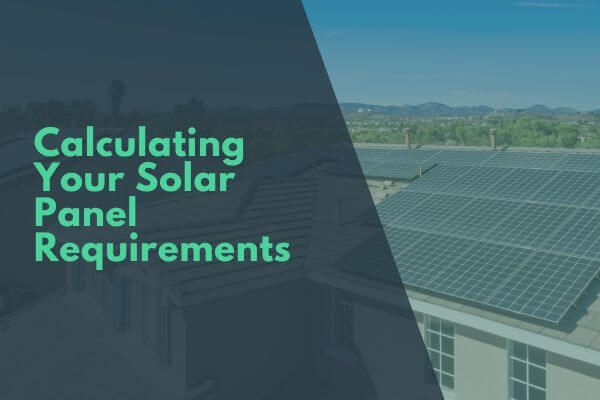
When I'm looking at installing a solar array, the initial step is to figure out the daily energy my household requires. I look at my monthly energy bills to get a grasp of my daily kilowatt-hour (kWh) usage.
Here's what I consider to determine the amount of solar energy I need:
In the UK, a standard home solar PV system might look something like this:
| System Size | No. of 350W Panels | Estimated Roof Area Required |
|---|---|---|
| 3kW | 8 | 16 sqm |
| 4kW | 10 | 20 sqm |
| 5kW | 13 | 26 sqm |
| 6kW | 16 | 32 sqm |
I'd need around 8 panels for a 3kW system, and if I need more power, like a 6kW setup, I'd need about 16 panels.
As for the costs, they vary based on system size, brand, installer, and my location. But here's an average I came across for different system sizes:
| Solar System Size | No. of 350W Panels | Cost Range (£) | Break-even Point (Years) |
|---|---|---|---|
| 3kW | 8 | £7,000 - £8,000 | 14 |
| 4kW | 10 | £9,000 - £10,000 | 12 |
| 5kW | 13 | £11,000 - £12,000 | 15 |
| 6kW | 16 | £12,000 - £13,000 | 11 |
The break-even point is also vital—it's when savings from the solar system start to outweigh the initial costs.
To find the wattage I need, I match my current consumption with the power output of the system. For instance, a 3.5kWp solar array made of 10 panels can suit a home like mine with moderate energy needs.
Remember, the figure can change based on the efficiency of my chosen panels and the inverter, the part that converts solar power into electricity I can use at home. The Ofgem-regulated Smart Export Guarantee might also affect my decision, as I get paid for any surplus energy I send back to the grid.
Commercial systems follow the same formula but typically require a larger system size due to greater energy needs.
In the end, choosing the right solar system for my home involves balancing my energy requirements, the available space on my roof, average sun hours, and the estimated energy output of each solar panel.
With 350W panels being a common choice, it's easier to estimate how many may fit my roof and the total potential energy I could generate. The bigger my solar PV system, the greater the energy yield per square metre, but it must align with my energy consumption and budget.
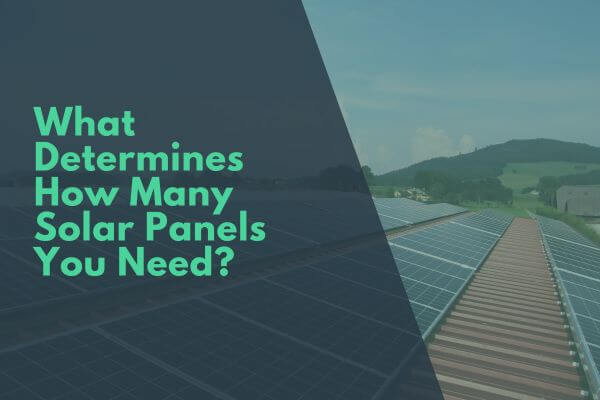
In the UK, the number of daylight hours varies by region, affecting solar energy production. England averages about 4.1 hours of sunlight, while Scotland gets around 3.7, Northern Ireland about 3.2, and Wales approximately 3.3 hours.
These variations can influence the solar energy you can harness, with some areas having a naturally higher solar potential than others. Solar panel performance peaks with more sunlight, so knowing your area's average sunlight hours helps to estimate the energy you can generate.
In the UK context, rooftops facing south tend to get more sunlight, especially if they're angled slightly towards the west. Precise directions and optimal inclination, about 30° to 50°, can significantly impact energy harvest. Solar panels benefit from adjustments to their angle during different times of the year, accommodating the sun's seasonal shifts.
The available roof area determines how many panels can be installed. Not all parts of the roof will have the ideal orientation or allow optimal installation angles. I need to consider both the power capacity I'm aiming for and the physical space available on my rooftop to decide the feasible number of solar panels.
Residential solar panels typically range from 300W to 400W. A higher wattage panel produces more energy, which means I might need fewer panels if they are of higher wattage, provided my roof can accommodate them. The physical size of each panel must also fit the roof space I have.
For instance, if I go for 350W panels, each measuring 1.6m by 1m and weighing 18kg, I need to ensure I have at least 24m² of usable roof space for a 12-panel setup. This is a crucial consideration for how much energy I can produce and the physical feasibility of the installation on my property.
| Required Solar Panel Surface Area | Solar Panel Size (W) | Solar Panel Dimensions | Weight Per Panel |
|---|---|---|---|
| 24m² | 350 | 1.6m x 1m | 18kg |
| 400 | 1.67m x 1m | 19kg | |
| 450 | 1.9m x 1m | 21.6kg |
With all these variables, it's not straightforward to calculate the exact number of solar panels needed. That's why contacting local experts who understand both the technology and regional specifics is essential. They can provide tailored advice and help me optimize my home's energy efficiency.
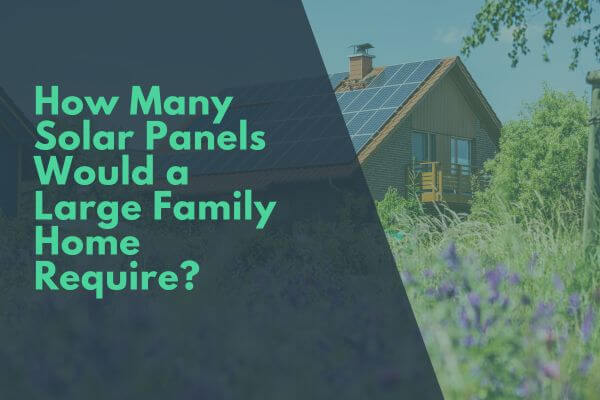
In a typical 4-bedroom household in the UK, the number of solar panels needed can vary largely based on energy consumption and solar panel specifications. On average, such a home might need around 16-20 solar panels to cover its electricity usage, considering each panel has an output of approximately 250-300 watts.
To calculate the number of panels your home will need, follow this process:
The formula looks like this:
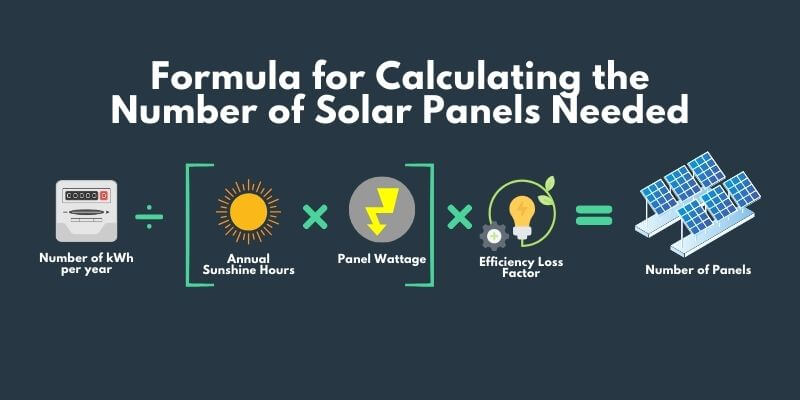
Now say, as an example, for a monthly use of 500 kWh, which is fairly moderate, I'd estimate needing:

Using this calculation allows us to know that approximately 20 solar panels are needed for a home that typically runs on 500 kWh per month.
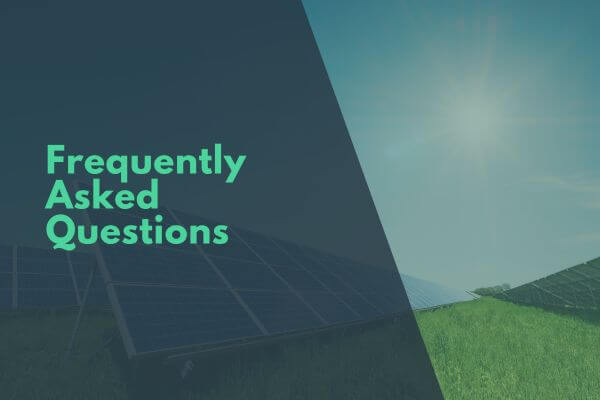
The UK does not impose a hard limit on the number of solar panels you can install. However, the limiting factors will usually be:
A 3-bedroom house typically requires approximately a 4kW solar panel system. Nevertheless, individual energy consumption patterns may vary among households, affecting the precise number of panels needed.
Achieving self-sufficiency with solar energy in the UK often involves installing a system around 4kW in size, particularly for most 3-bedroom homes. However, the suitability of this size can vary depending on factors like household size and energy consumption habits. Consulting with a solar expert can provide tailored recommendations for your specific circumstances.